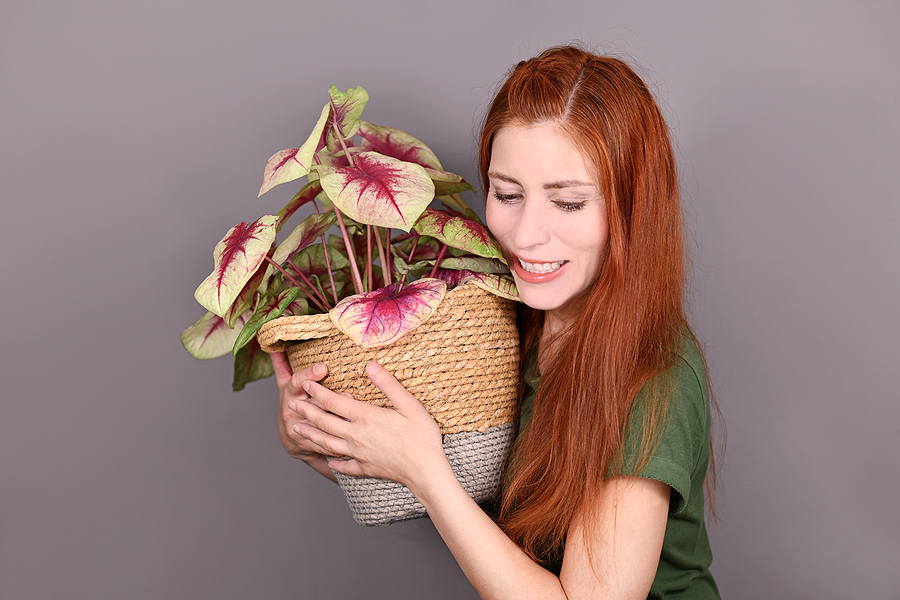Goodbye “green thumb,” hello “plant parent.”
More and more Delaware Valley residents are part of a national trend particularly popular among Millennials: Skipping the dog houses and litter boxes and embracing houseplants as pets.
While there appears to have been an uptick in “plant parenting” during COVID-19, the trend has been going strong since 2016.
In a survey conducted by Article in 2020, about 7 in 10 Millennial plant owners said they consider themselves “plant parents.” The reasons for becoming recent plant owners varied. While 47 percent said they got plants for the trendiness, 48 percent named improved air quality, with another 45 percent said it brought them a sense of peace and calmness.
Katelyn Ginsberg, an owner of Primex Garden Center in Glenside is not a Millennial, she’s seen the trend in her store.

“From my perspective, [plant parents] are looking for things to nurture that are not quite as big of a commitment as pets or children,” said Ginsberg. “You know, things to kind of beautify their homes. Houseplants are good for the environment, they’re good for the soul. They’re good for bringing peace and zen into a space. And I think especially with the state of the world everybody is looking for some of that in their lives.”
Ginsberg said convenience also plays a part in the new trend. Many plants don’t require daily maintenance to stay alive. “Some thrive on neglect,” Ginsberg said. Houseplants allow Millennials to own a living “pet” without added expenses such as food, toys, and bedding.
Millennials are especially conscious of finances in today’s economy. Many are still paying student loans on top of the usual bills. Many also rent, which often means restrictions on pet ownership. As a result, some have turned to gardens and plant “parenting.”
One such Millennial is Alyssa Chattin, who is 32 years old and works with Ginsberg at Primex.
“It’s a lot cheaper than art or a pet and it can kind of serve as both for people,” Chattin said of plant ownership. “You have Millennials who would normally be looking for statement pieces for their house that they’re going towards the houseplant that looks really awesome. For someone like me, I’m still with my parents. So, I’m not allowed a pet, but I’m allowed plants.”
Chattin also noted that young people with active social lives don’t have to feel guilty about leaving a hungry or lonely pet at home.
“It’s not the amount of commitment [with houseplants], you just have more freedom with them,” she added.
Marina White is a 32-year-old pastry chef who currently owns 26 plants. She said she got her start with an herb garden during the pandemic. White, who currently rents her home and owns a dog, says her plants bring a unique calmness to her life.
“Every morning before I go to work, I spend a little bit of time watering them, and seeing what’s coming in. Then in the afternoon sometimes I just like to go out and do a little weeding again and check what the developments are. I find it incredibly soothing and very nourishing to just see your efforts actually grow in front of your eyes,” said White.
It’s this effort of growth that is so rewarding for many young people.
“Something about getting your hands dirty, I think that’s trending again,” Ginsberg said. “I think people want to connect with nature. But I think watching growth and progress is something that’s rewarding. It’s beautiful.”
When asked if it’s likely this trend will end when the pandemic does, Ginsberg said she hopes that it will continue beyond Millennials and extend to the younger generations.
“We’re all feeling kind of burnt out with, you know, the daily grind and working several jobs. And [gardening is] kind of low effort but high reward,” White said. “A little water and sunlight grow into something really beautiful. It helps change the space and even just talking to plants makes them grow better. But also saying those things out loud helps me feel better. So, it’s low effort with a lot of reward when you’re feeling really burnt out.”

